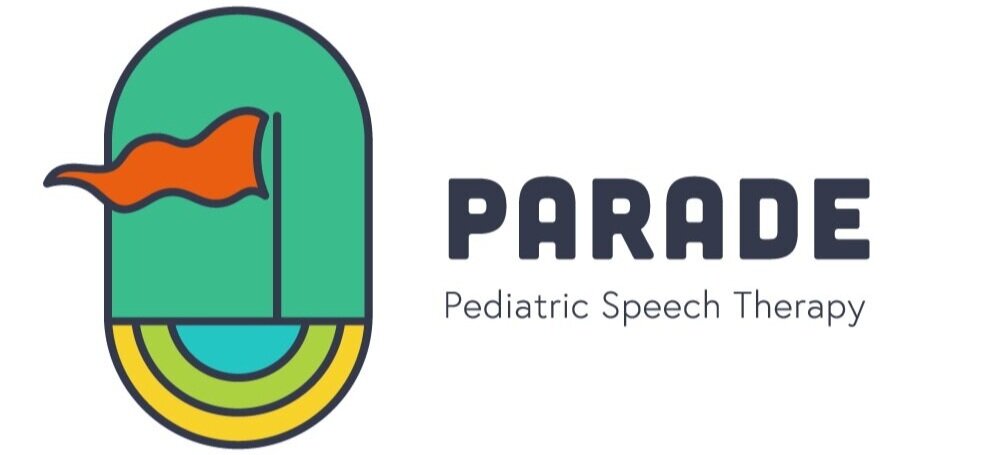What’s the difference between speech and language evaluations?
Has your child’s pediatrician referred you to a speech therapist for a speech and language evaluation? Or are you concerned that your child has a speech delay or a language impairment? Pediatric speech-language pathologists (SLPs), can help your child with both speech and language skills. Though these skills complement each other, they are usually evaluated separately.
Speech Assessment
Speech, also called articulation, refers to the speech sounds that your child pronounces. During the evaluation, an SLP looks at your child’s oral-motor skills, or the way your child’s lips, jaw and tongue move to say speech sounds. For example, an SLP will notice if your child’s tongue can lift up behind the front top teeth, which is necessary to make the L, T, D, and N sounds.
Your child’s speech skills may be assessed using a standardized test, which compares your child’s skills to typically developing children of your child’s same age. During standardized testing, the child is asked to name different pictures of items. The SLP listens to the way your child says the sound in each word and notes which sounds are correct and which are incorrect. Along with the SLP’s observations, the standardized score can help to know whether or not your child’s errors are age-appropriate. The SLP will also note any phonological processes, typical speech error patterns that should disappear as your child matures, that your child may be using.
Standardized tests can be helpful assessment tools, but they provide only a snapshot of your child’s skills. In addition, the populations that standardized tests are normed on often don’t include culturally and linguistically diverse children. A speech evaluation should also incorporate informal evaluation techniques such as considering your child's speech development in the context of the child’s overall development and recording a language sample.
A language sample is a recording of the words and sentences that your child says during part of the evaluation session. A language sample can be used to assess how intelligible (understandable) your child’s speech is when they are talking in sentences. An SLP may play with your child to encourage your child to talk. Another type of language sample is a narrative sample. Your child may be asked to tell a story from a wordless picture book or to retell a story that the SLP has told them.
Language Assessment
Language includes the knowledge of words and concepts, syntax (word order), grammar rules, and the endings we put on words such as “s” for plurals and “-ed” for past tense. Language is separated into receptive language (the language your child understands) and expressive language (the language your child uses to communicate).
During standardized testing for receptive language, your child may be shown pictures and asked to identify which picture the SLP is talking about. Your child may be asked to follow directions or listen to a short story and answer questions for auditory comprehension. For expressive language testing, your child may be asked to name pictured objects, fill in a blank in a sentence with the correct verb tense, or describe a picture using complete sentences.
Informal evaluation techniques are also useful to evaluate your child’s language skills. A language sample helps the SLP evaluate your child’s vocabulary, grammar and overall length of sentences for their age. Dynamic assessment is another great informal evaluation technique, especially for bilingual learners. Dynamic assessment involves first assessing a language skill, teaching the skill while observing and adapting to the child’s learning style, and then testing the skill again.
Check out more info on dynamic assessment from ASHA here.
Speech and language skills are only two of the areas that SLPs can evaluate and treat. SLPs can evaluate voice quality, fluency, intonation, pre-reading skills, social communication and more!
If you think your child may need an evaluation for speech or language skills and would like to speak to an experienced speech therapist, contact me for a free consultation!

